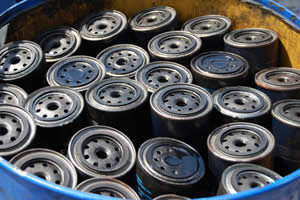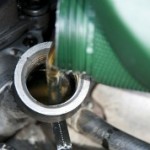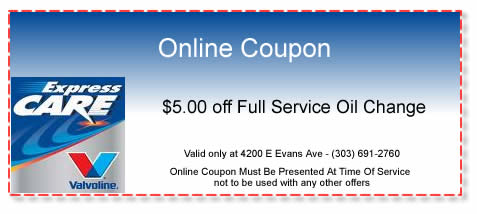 In the course of our business, we are often confronted with customers who don’t understand the importance of their oil filter. They are usually focused on the quality of the oil and the cost of the oil change and don’t really see what’s so important about an oil filter?
In the course of our business, we are often confronted with customers who don’t understand the importance of their oil filter. They are usually focused on the quality of the oil and the cost of the oil change and don’t really see what’s so important about an oil filter?
Oil filters have a very important function and if your oil filter is poor quality, it can shorten the life of your engine and cause other parts to fail. This small part of your vehicle’s lubrication system plays an important role in protecting your engine from premature wear. All the moving parts in the engine need clean oil to properly lubricate them.Tiny bits of metal chip off of various engine parts while it’s running. If these bits of metal are allowed to recirculate through the oil, they could break off other bits of metal, which eventually causes erosion. A quality oil filter helps prevent erosion from taking place. The oil filter cleans the oil as it passes through the filter and prevents abrasive contaminants from damaging the engine parts.
It is very important to choose a high quality oil filter because the internal construction and quality of the filter has a huge effect on the life of your car’s engine. Here at Express Care, we use a Wix oil filter. Wix was patented in 1954 and has been at the forefront of oil filter technology and performance for passenger cars, trucks, buses and off-road vehicles ever since.
Filtration efficiency or particle size retention is one of the standards used to determine the quality of an oil filter. Particle size retention is the measure of how well a filter can retain particles of various sizes. Wix has developed optimum filtration efficiency in their filters. They are able to trap and hold essentially all the particles larger than 25 microns. (A human hair measures about 70 microns in diameter.) These filters can also capture a high percentage of even smaller particles.
Another standard that a quality filter must meet is dirt-holding capacity. This is the amount of contaminants that can be removed and held by the filter until the filter ceases to function. The capacity of Wix filters is significantly larger than the minimum requirements specified by vehicle manufacturers to efficiently filter all the oil used during a regular oil change interval.
As you can see, it is just as important to use a quality oil filter as it is to use quality motor oil in our vehicles. They work together to help our cars run efficiently.
For all of your Denver Auto Repair needs, trust Express Car Care. Call (303) 691-2760 or stop by our shop today.







